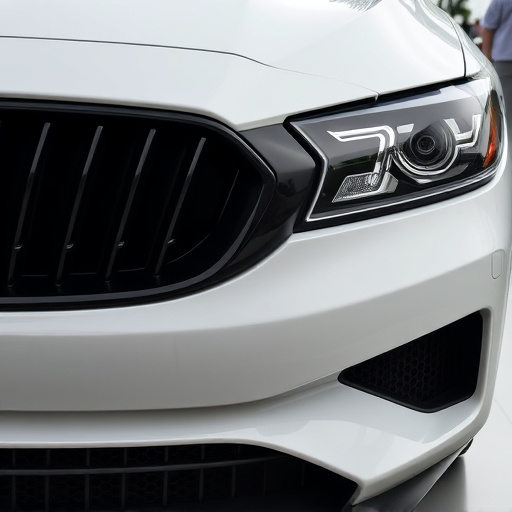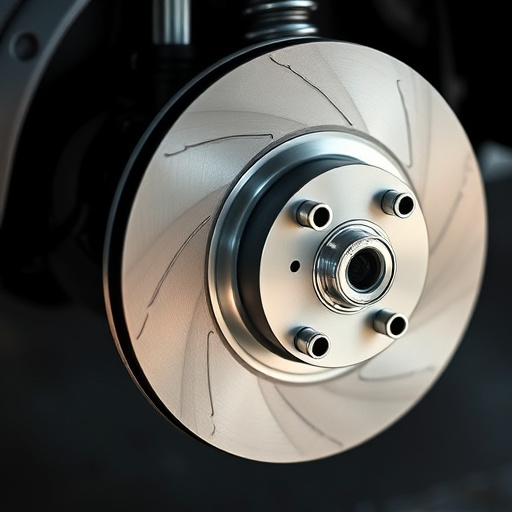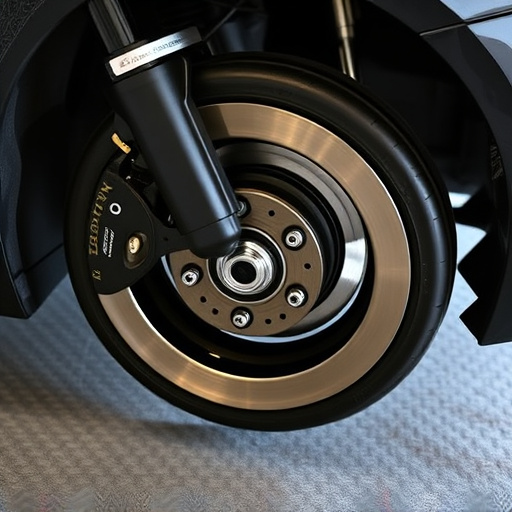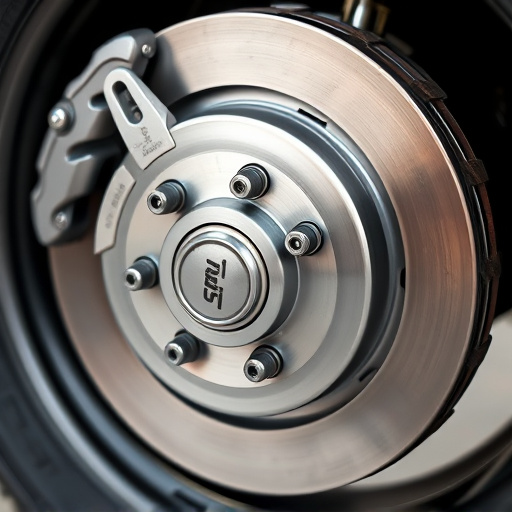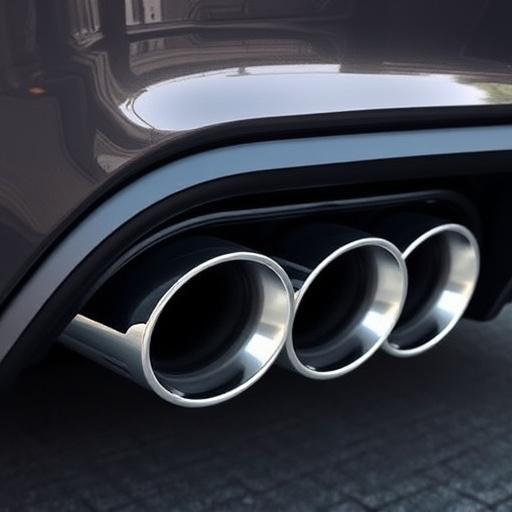High-performance engines, with their focus on power and efficiency, are prone to detonation and knock issues due to elevated compression ratios, high boost pressures, and aggressive fuel systems. To combat these problems, advanced components like air filter kits, coilover kits, and intake components are essential for precise airflow and fuel distribution management. A boost controller is a crucial tool that regulates turbocharger pressure, ensuring optimal air-fuel mixture delivery, thereby enhancing performance and reliability. Integrated with variable valve timing and advanced ignition systems, these controllers optimize airflow, minimize pressure spikes, and deliver consistent power, leading to improved drivability, fuel efficiency, and engine health.
In the pursuit of unparalleled engine performance, high-performance vehicles face unique challenges from detonation and knock. These issues can lead to severe damage and safety risks. Enter the advanced boost controller systems, designed to prevent these problems. This article delves into understanding detonation and knock, exploring how boost controllers employ sophisticated techniques to safeguard engines, and highlighting the significant benefits they offer for both performance and safety.
- Understanding Detonation and Knock: The Challenges Faced by High-Performance Engines
- How Boost Controllers Work: Techniques to Prevent Detonation and Knock
- Benefits of Advanced Boost Controller Systems for Enhanced Engine Performance and Safety
Understanding Detonation and Knock: The Challenges Faced by High-Performance Engines
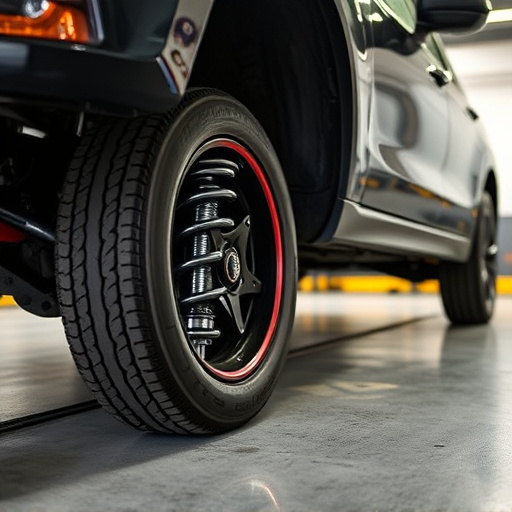
Detonation and knock are common issues faced by high-performance engines, especially those with significant boost levels. Detonation occurs when air/fuel mixture ignites prematurely inside the cylinder, leading to uncontrolled combustion and potential damage to the engine. Knock, on the other hand, is a type of detonation that happens violently and can cause severe internal engine damage if left unchecked. These problems are exacerbated by elevated compression ratios, high boost pressures, and aggressive fuel delivery systems—all characteristics of high-performance vehicles.
High-performance engines, with their pursuit of maximum power and efficiency, often require advanced components such as air filter kits, coilover kits, and intake components to manage airflow and fuel distribution precisely. A boost controller is a crucial tool in this arsenal; it helps regulate boost pressure, preventing detonation and knock by ensuring the engine receives the optimal air/fuel mixture at all times, thereby enhancing both performance and reliability.
How Boost Controllers Work: Techniques to Prevent Detonation and Knock
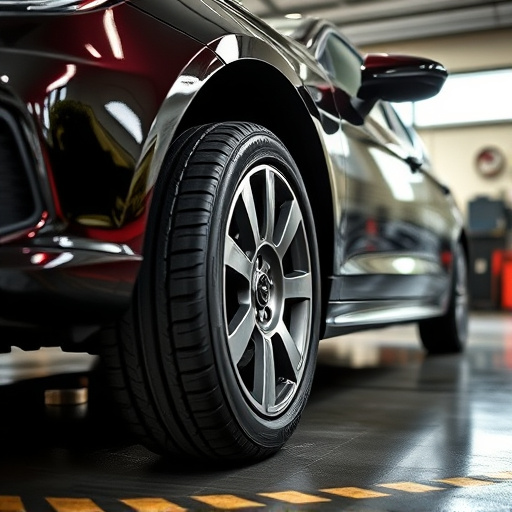
Boost controllers work by precisely managing the amount of boost pressure delivered to a turbocharger, which is crucial in high-performance vehicles. These advanced systems utilize various techniques to prevent detonation and knock, ensuring optimal engine performance while maintaining safety. One common method involves employing sensors that constantly monitor engine parameters such as air/fuel ratio, crankshaft position, and manifold absolute pressure. Based on these inputs, the controller adjusts the timing and duration of fuel injection, preventing excessive compression that could lead to detonation.
Additionally, boost controllers often incorporate features like variable valve timing (VVT) and advanced ignition systems. By coordinating these components, they can optimize air flow into the engine, minimize pressure spikes, and maintain a steady power output. This is particularly beneficial when combined with performance brakes, suspension kits, or coilover kits designed to enhance handling dynamics. These integrated solutions not only boost performance but also ensure stability under extreme conditions, making them ideal for drivers pushing their vehicles to the limit.
Benefits of Advanced Boost Controller Systems for Enhanced Engine Performance and Safety
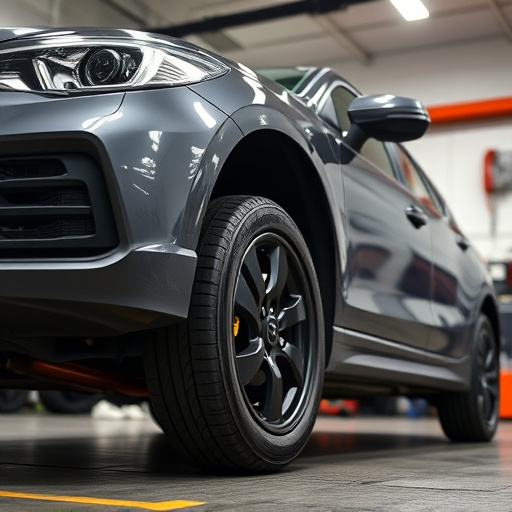
Advanced boost controller systems offer a multitude of benefits that significantly enhance engine performance and vehicle safety. These sophisticated mechanisms are designed to optimize the delivery of compressed air, ensuring fuel and air mix perfectly. This precise control prevents detonation and knock, issues that can cause severe damage to the engine and compromise its longevity. By managing boost pressure, these systems deliver consistent power output, improving drivability and responsiveness.
Moreover, modern boost controllers are integrated with advanced sensors and computing capabilities, allowing them to adapt to various driving conditions. This adaptability translates to improved fuel efficiency as the system adjusts boost levels based on factors like engine load and velocity. Additionally, some high-performance vehicles incorporate features like adjustable valve timing and performance air filters, further enhancing intake airflow and overall performance. Even simple upgrades like cold air intakes can complement these systems, providing cooler and denser air for combustion, ultimately boosting power and efficiency.
Advanced boost controllers are revolutionizing high-performance engines by addressing critical challenges like detonation and knock. These sophisticated systems employ cutting-edge techniques to ensure optimal air-fuel mixture, enhancing both engine performance and safety. By preventing unwanted combustion events, boost controllers contribute to smoother operation, increased efficiency, and longer engine lifespan. Investing in an advanced boost controller system is a game-changer for folks seeking to unlock their engine’s true potential without compromising integrity.
